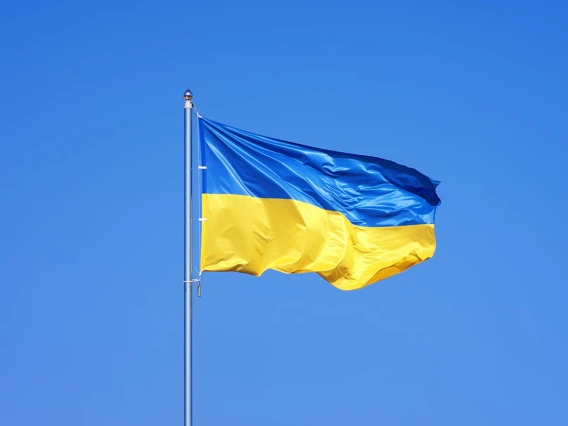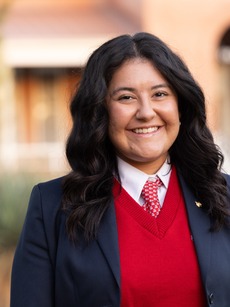Department of Russian and Slavic Studies Condemns Russia's Invasion of Ukraine

The Department of Russian and Slavic Studies condemns Russia’s assault on Ukraine. The University of Arizona is the home of many scholars and students who have spent their lives studying Ukraine, Russia, and other nations in Eastern Europe and Eurasia. Many of us are from the region, have family and friends suffering there, and are heartbroken by the war and its toll on Ukraine and Eastern Europe. As a department within the College of Humanities, we are dedicated to educating students to become concerned, global citizens. We abhor war and violence and urge leaders and citizens around the world to do everything in their power to put an end to this war, help those affected by it, promote peace in the region, and end the humanitarian catastrophe in Ukraine.




